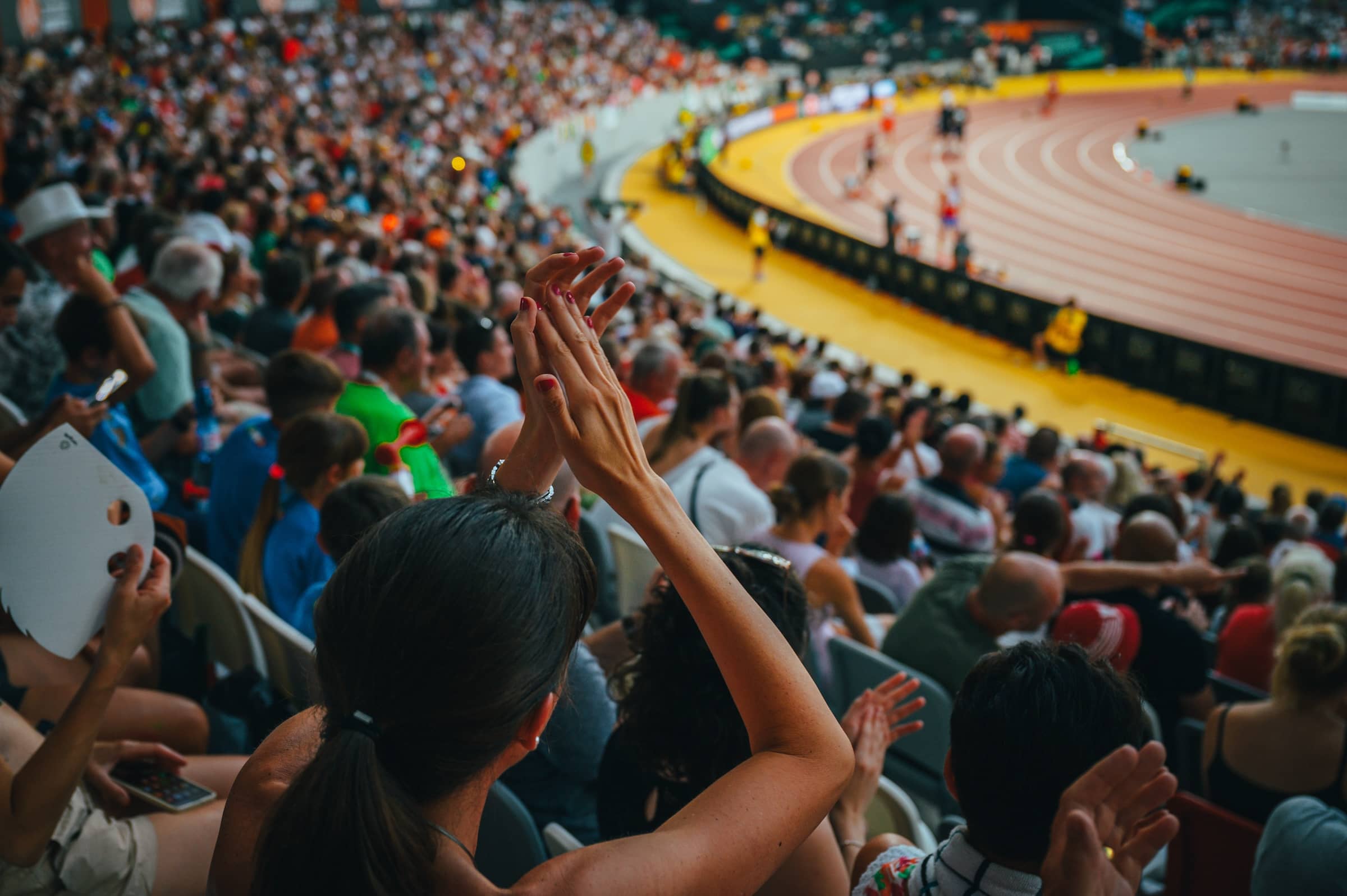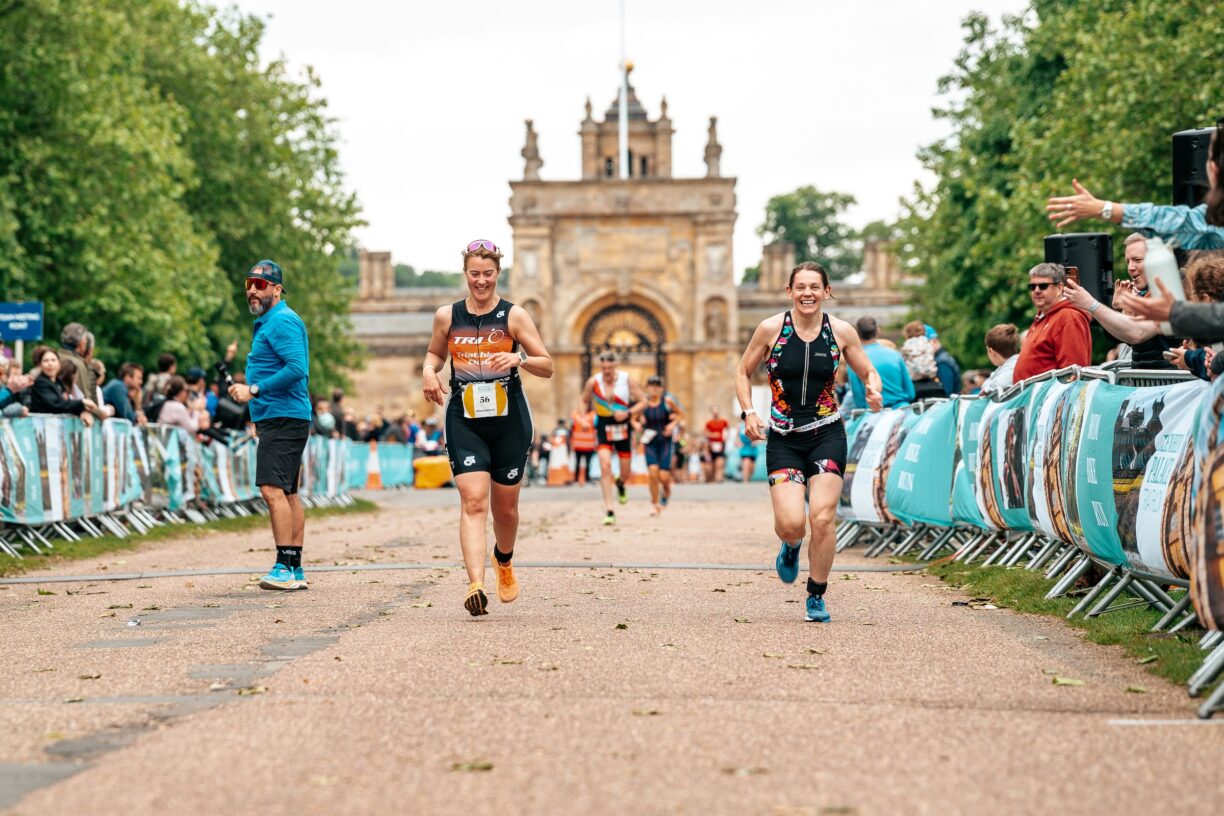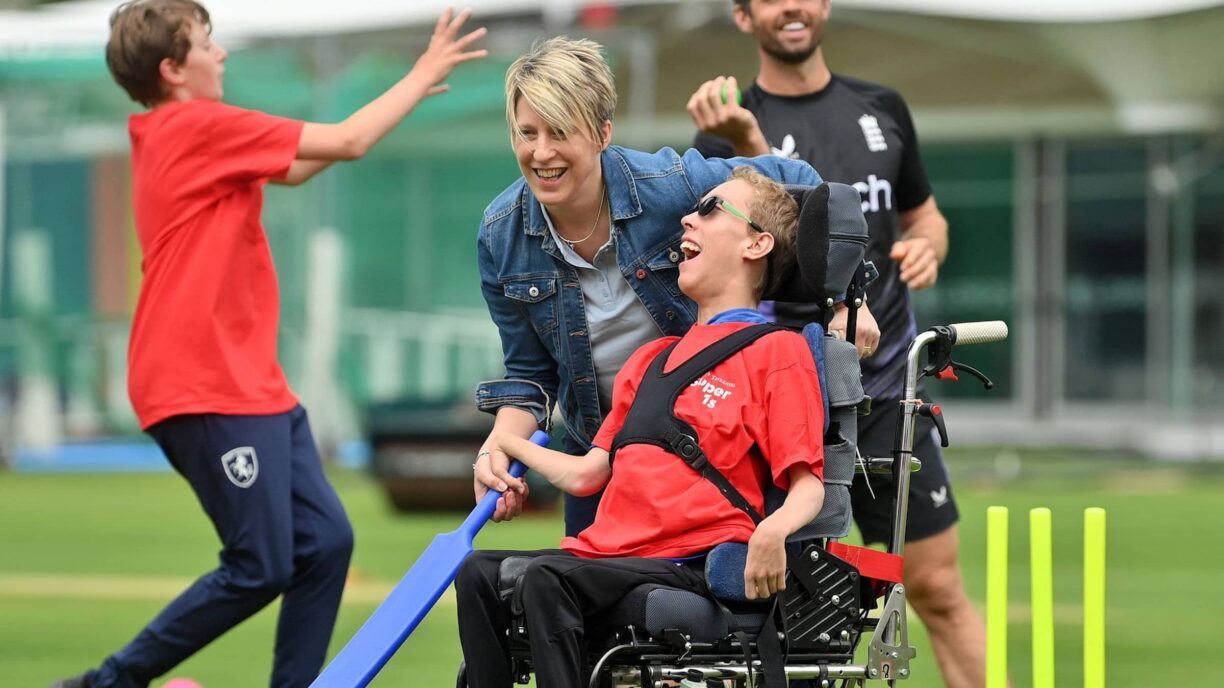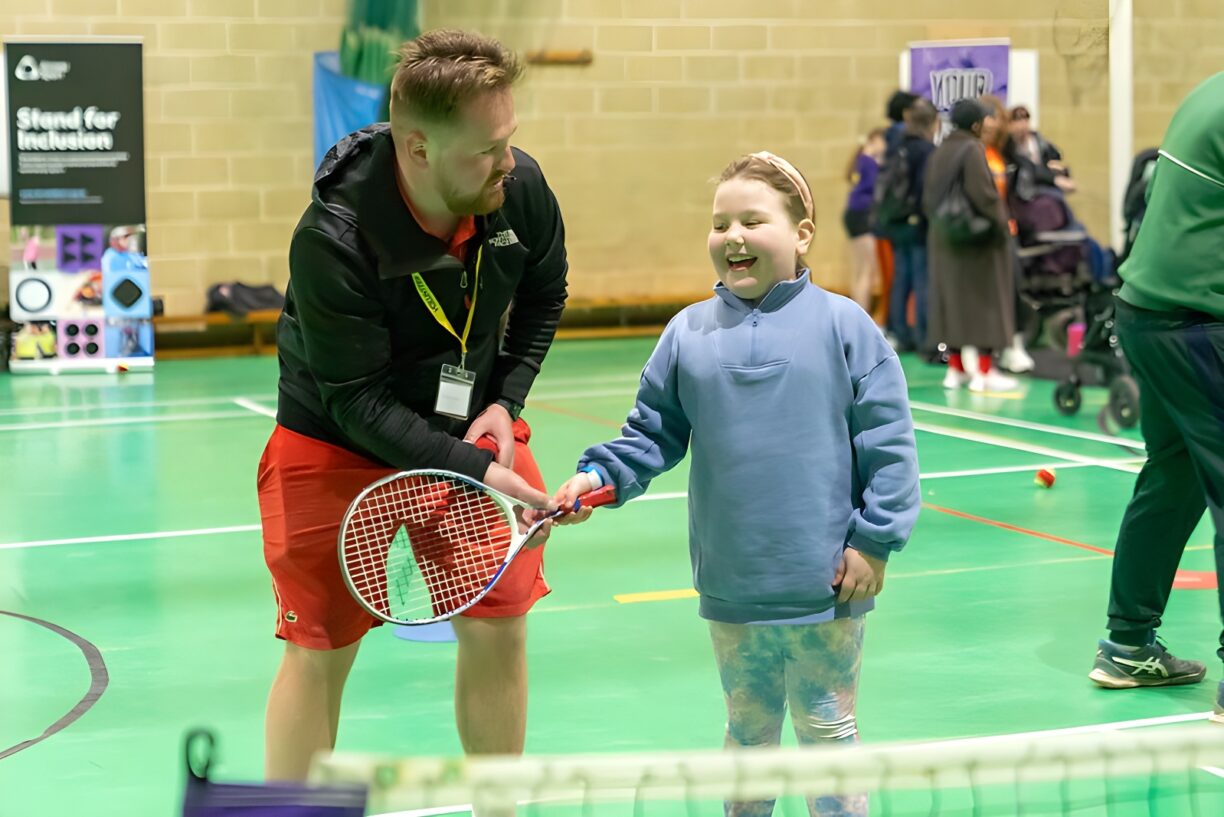The summer of 2024 has been a monumental period for sports enthusiasts. With the excitement of Wimbledon, Euro 2024, and the Paris 2024 Olympic Games, almost one in four Brits (24%) have been inspired to take up new activities, according to recent research by Bupa Health Services.
A study involving 2,000 people revealed that nearly 30% are motivated to start new sports due to their known benefits for physical and mental health. Among these, 30% enjoy exercising solo, while 17% prefer being part of a team.
Emily Pike, a physiotherapist at Bupa Health Services, shared her enthusiasm: “It’s brilliant to see so many people inspired to get active.
We regularly see an increase in people out running following the London Marathon, and it’s the same with the Euros and Olympics, with people taking up a new hobby after being inspired.
The benefit of exercise is so well documented, and the impacts on physical and mental health are uncountable.”
However, sports injuries remain a significant issue, with 2.84 million Brits having given up sports due to injuries.
These injuries impact various aspects of life, affecting careers (20%), physical health (30%), mental health (18%), and social lives (15%).
Additionally, they influence sleep quality (20%), financial health (10%), and mobility (25%).
Fear of injury is a major deterrent, with 18% of Brits citing it as a reason for not engaging in sports and 16% saying it diminishes their enjoyment of sports.
Derek Redmond, a 400m sprinter and Olympian, recounted his own experience: “Pulling my hamstring in the 1992 Olympic Games was devastating and really affected my mental health.
As an athlete, you spend so long working up to the Olympic Games, so getting injured in the semi-final was a huge blow, especially as I didn’t make it to the start line at previous Games.
I think everyone in the stadium saw how devastated I was and looking back, the standing ovation and my dad supporting me was a huge moment which will stay with me forever.
“An injury can be a huge setback and when I was told I’d never race again, I was angry for two years.
I then thought ‘there are worse things than pulling a muscle in a race’ and decided to get on with my life.
I want people to remember that an injury, while it may seem big at the time, isn’t something that should take up their whole lives.
There is so much treatment and support available and I’d really encourage everyone to make sure they access it to get active again.”
Pike advises on ways to mitigate injury risks: “There are many ways to reduce your risk of an injury such as: always warming up properly and cooling down.
Making sure you are incorporating strengthening activities into your daily routine, particularly areas most used in the sport you are doing.
It’s also really important you’re listening to your body, if you’re feeling tired for example, have a rest day, which is essential to helping your body recover. Exercising on tired muscles or over-exercising increases your risk of injury.”
In the event of an injury, timely intervention is crucial. Pike emphasizes seeking help immediately to prevent further damage.
Medical professionals can offer treatment and referrals if necessary, while home remedies can aid in reducing swelling, pain, and expedite recovery.
She recommends the POLICE method for immediate injury care:
- P – Protect from further damage. Rest and consider using support or a splint.
- OL – Optimal loading. Gradually put weight on the injury and increase mobility.
- I – Ice. Apply a cold compress, such as ice or frozen peas wrapped in a towel, to the injury.
- C – Compress. Use a bandage to help reduce swelling.
- E – Elevate the injury.
As Brits continue to be inspired by sporting events, it’s essential to balance enthusiasm with caution to enjoy the benefits of an active lifestyle safely.





